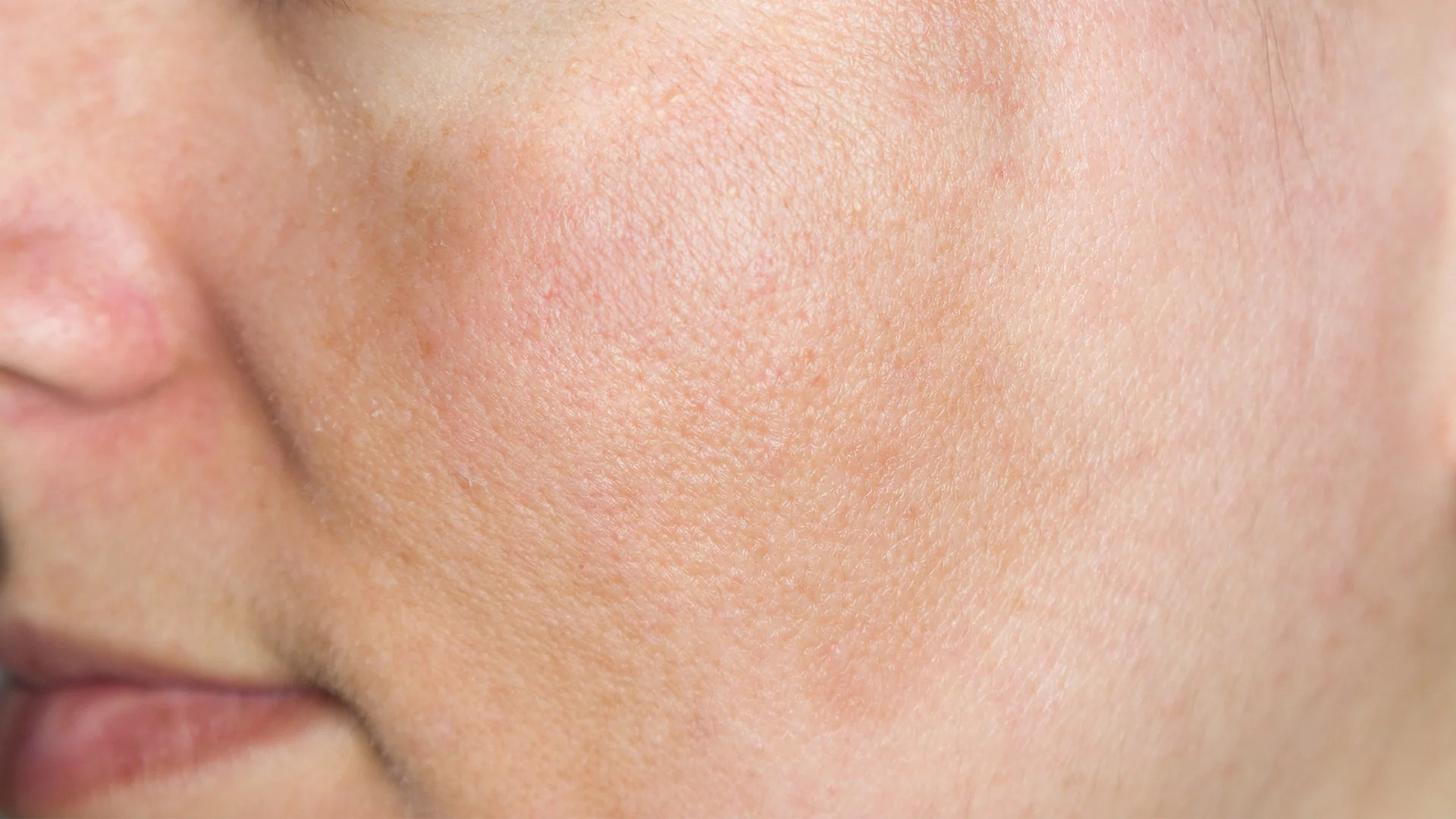Hyperpigmentation is a common skin concern that affects people of all ages and skin types. It appears as dark spots, uneven patches, or discoloration that can be frustrating to deal with. While genetics, hormonal changes, and sun exposure are often the main causes, everyday habits can quietly make these spots worse over time.
Many people focus on treatments and skincare products without realizing that small daily actions may be fueling the problem. From skipping sunscreen to picking at blemishes, these seemingly harmless habits can trigger inflammation, slow skin healing, and increase melanin production — all of which worsen hyperpigmentation.
The good news is that by becoming aware of these habits, you can take simple steps to protect your skin and prevent dark spots from getting worse. Small changes in your daily routine can have a big impact on your skin’s appearance and overall health.
In this article, we’ll explore 10 everyday habits that can worsen hyperpigmentation and provide practical tips to help you minimize their impact. Whether you’re dealing with stubborn spots or just want to maintain an even skin tone, understanding these habits is the first step toward clearer, healthier skin.
Understanding Hyperpigmentation: Causes, Types, and Treatments
Hyperpigmentation is a common skin condition that causes certain areas of the skin to become darker than the surrounding skin. It occurs when the body produces too much melanin, the natural pigment responsible for skin color. While it is generally harmless, hyperpigmentation can be a source of frustration for many because it affects the skin’s appearance and may be difficult to treat without proper care.
What Causes Hyperpigmentation?
Hyperpigmentation can develop due to several factors, including:
- Sun Exposure: UV rays stimulate melanin production, which can lead to dark spots and freckles.
- Hormonal Changes: Conditions like pregnancy or taking birth control pills can trigger melasma, a type of hyperpigmentation.
- Skin Injuries or Inflammation: Acne, cuts, or burns can leave dark marks as the skin heals, known as post-inflammatory hyperpigmentation.
- Certain Medications: Some drugs, such as chemotherapy agents or antibiotics, may cause pigmentation changes as a side effect.
Common Types of Hyperpigmentation
There are several types of hyperpigmentation, each with distinct characteristics:
- Sunspots (Solar Lentigines): Usually appear on areas frequently exposed to the sun, like the face, hands, and arms.
- Melasma: Large, irregular patches commonly found on the cheeks, forehead, and upper lip. Often linked to hormonal changes.
- Post-Inflammatory Hyperpigmentation (PIH): Dark spots that remain after an injury, acne breakout, or skin irritation.
Here are 10 daily habits that may be contributing to hyperpigmentation — and how you can change them.
1. Skipping Sunscreen
Sun exposure is the number one trigger for dark spots. Even on cloudy days, UV rays penetrate your skin and stimulate excess melanin production. Skipping sunscreen leaves your skin vulnerable.
✅ Tip: Apply broad-spectrum SPF 30+ every morning and reapply if you’re outdoors.
2. Touching or Picking at Your Skin
Constantly touching pimples, blemishes, or scabs can inflame the skin and leave behind dark marks. This is called post-inflammatory hyperpigmentation.
✅ Tip: Keep your hands away from your face and let breakouts heal naturally.
3. Over-Exfoliating
Exfoliation is good for removing dead skin cells, but doing it too often can strip the skin barrier. This leads to irritation and makes dark spots more visible.
✅ Tip: Limit exfoliation to 2–3 times a week and use gentle products.
4. Not Moisturizing Enough
Dry, dehydrated skin can appear dull and uneven, which makes pigmentation look worse. A weak skin barrier also struggles to heal properly.
✅ Tip: Use a lightweight moisturizer daily to lock in hydration.
5. Ignoring Sunscreen Indoors
Think you’re safe indoors? UV rays can pass through windows and even from digital screens (blue light), which may worsen pigmentation over time.
✅ Tip: Apply sunscreen daily, even if you work indoors or drive frequently.
6. Using Harsh Skincare Products
Products with too much alcohol, fragrance, or aggressive chemicals can irritate your skin. Irritation often leads to inflammation, which triggers dark spots.
✅ Tip: Choose skincare products with soothing ingredients like niacinamide, aloe vera, or ceramides.
7. Poor Sleep Habits
Lack of sleep stresses the body and reduces skin repair. Stress hormones can increase pigmentation issues, making dark spots more stubborn.
✅ Tip: Aim for 7–8 hours of quality sleep every night.
8. Not Managing Stress
Chronic stress affects hormones, which can worsen hyperpigmentation, especially conditions like melasma.
✅ Tip: Practice relaxation methods like yoga, meditation, or deep breathing.
9. Unbalanced Diet
Processed foods, too much sugar, and lack of vitamins can affect skin health. Without proper nutrients, the skin takes longer to heal from pigmentation.
✅ Tip: Eat antioxidant-rich foods like berries, leafy greens, and nuts to support healthy skin.
10. Ignoring Professional Advice
Relying only on home remedies or random products may not always work. Ignoring dermatologist advice can make pigmentation harder to treat.
✅ Tip: If pigmentation persists, consult a skincare professional for tailored treatments.
Conclusion
Hyperpigmentation doesn’t always come from big mistakes — sometimes it’s our small, daily habits that worsen the problem. By making simple changes like using sunscreen, moisturizing, eating well, and protecting your skin barrier, you can prevent dark spots from getting worse and help your skin look clearer and brighter.
